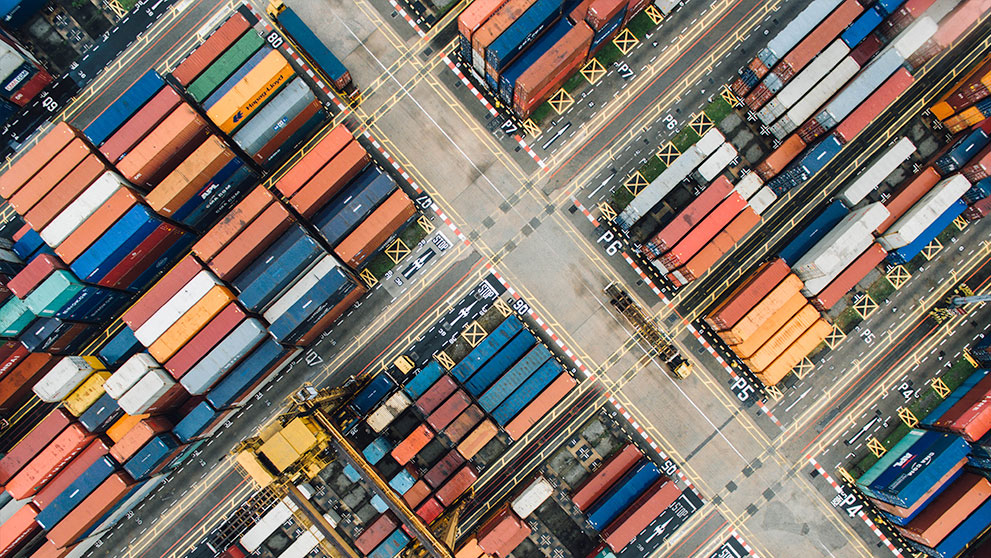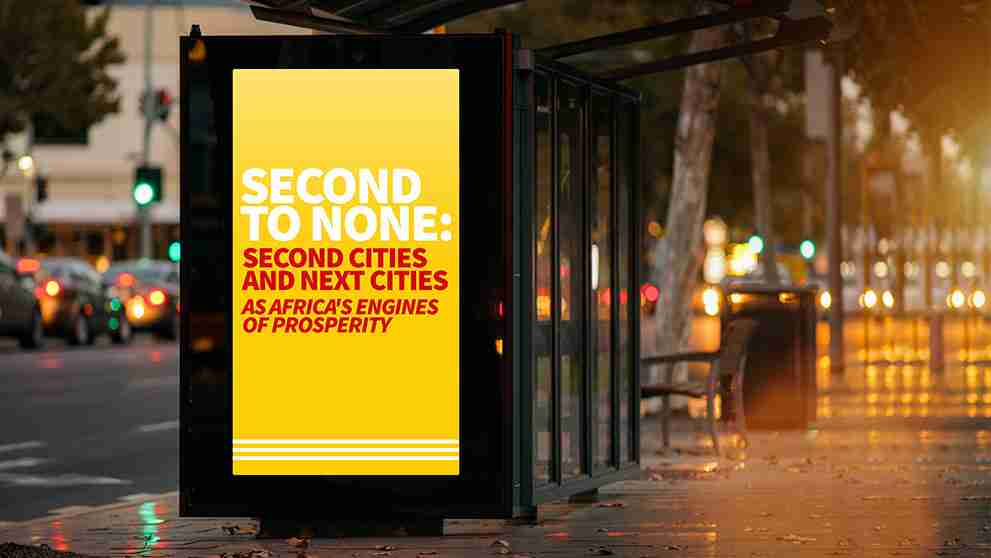Africa’s journey to prosperity hinges on enhancing economic complexity—a pivotal concept that ties the diversity and sophistication of a nation’s exports to its economic growth and future potential.
This foundational idea is at the heart of an in-depth report by DHL in collaboration with the GIBS Centre for African Management and Markets (CAMM). The report delves into strategies to amplify economic productivity across the continent, highlighting the critical role of innovation, cross-border collaboration, and investment in emerging capabilities.
“Everything should be made as simple as possible, but no simpler,” - Albert Einstein.
Complexity and Prosperity
Economic complexity is intrinsically linked to wealth creation, as evidenced by the Economic Complexity Index (ECI). Nations that broaden their ability to produce intricate goods and services not only achieve elevated income levels but also benefit from reduced income inequality and diminished environmental impacts.
The report emphasises that African countries must tailor their industrial strategies to align with existing capabilities while exploring feasible advancements into high-value industries. This approach involves leveraging current skills to diversify product offerings and tap into international markets.
Key Insights from Six African Nations
South Africa: Historically the most complex economy on the continent, South Africa faces a decline in complexity due to an overreliance on commodities like platinum and gold. The report identifies opportunities in agriculture, machinery, and advanced tools to reclaim its position.
Kenya: Despite a burgeoning tech sector, Kenya’s export complexity remains low, dominated by agriculture. Expanding into dairy, packaged medicaments, and motor parts could bridge this gap.
Ethiopia: With robust GDP growth projections, Ethiopia has introduced new export products, albeit largely low-complexity items. Venturing into chemicals and machinery could elevate its economic standing.
Nigeria: A heavy dependence on petroleum limits complexity. Targeting growth in pharmaceuticals, food products, and iron goods presents a viable path to diversification.
Ghana: While enjoying significant GDP growth, Ghana’s complexity remains static. Expanding into textiles, automotive parts, and processed goods holds promise for the future.
Angola: With petroleum dominating its export portfolio, complexity is constrained. Growth potential lies in industrial machinery and renewable energy components.
Moving Forward
The report concludes that Africa’s route to prosperity is rooted in embracing data-driven strategies to enhance economic complexity. It calls upon governments, business leaders, and policymakers to prioritise diversification, innovation, and regional collaboration to fully unlock the continent’s potential.
DOWNLOAD THE FULL REPORT and explore how economic complexity can shape Africa’s future.















